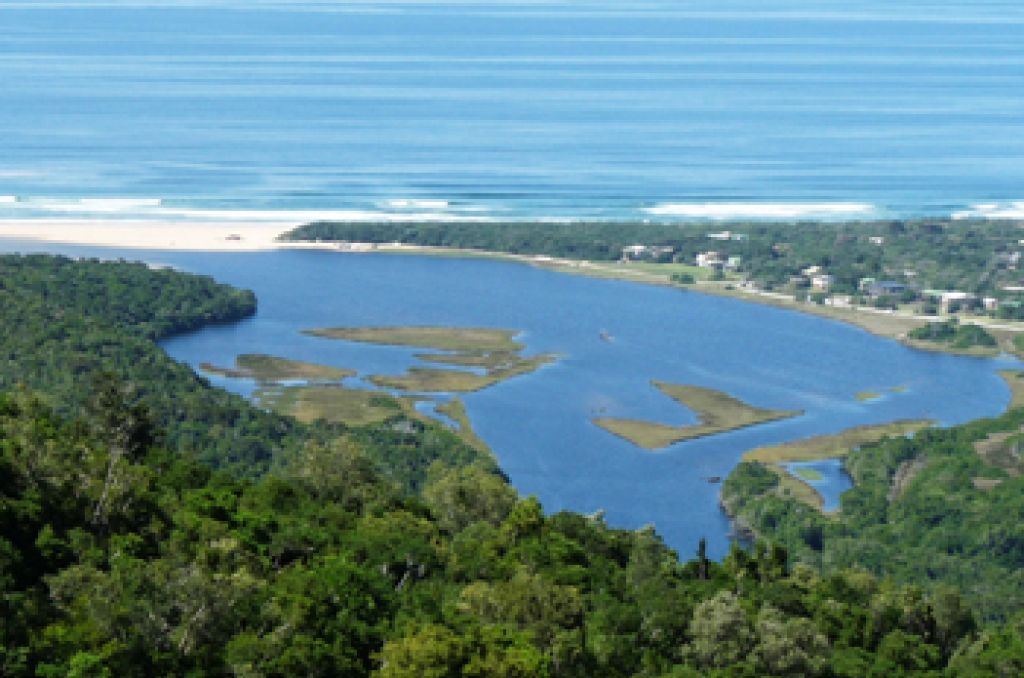South Africa’s water crisis: Maropeng takes on the challenge

South Africa faces a major water crisis and the dwindling water supplies in the country have made it crucial to educate the population about water and energy conservation and Maropeng is taking on this challenge.
As the visitor centre for the Cradle of Humankind World Heritage Site, Maropeng believes in supporting educators in this endeavour, aiming to enlighten future leaders and inform them about the role they are able to play in helping to protect the environment, as well as fostering a healthy respect for the planet’s resources and efforts to conserve and protect them.
On February 14, 2011, Times LIVE published an article on the recent inaugural South African Water and Energy Forum held in Johannesburg. Here it was reported that experts have warned that, unless action is taken, we could be facing critical water shortages come 2020. It was explained that this would mostly be due to demand outweighing supply, the deterioration of municipal infrastructure, and the theft of water supplies for agriculture. There have since been a host of other news articles circulating, warning South Africans of the need to remain water-conscious and play a part in helping address the situation before it is too late.
In recent months, there have been water restrictions all over the country. The average rainfall in South Africa is approximately 397mm, compared to a world average of approximately 860mm. Shortages have been particularly severe in places such as George, Beaufort West, Sedgefield, Mossel Bay and Knysna, although major cities have been just as badly affected.
It is now extremely important that young South Africans are raised in an environment where the seriousness of water conservation is enforced, and a healthy respect for water and other precious natural resources is encouraged and sustained.
Maropeng’s educational resource packs, put together in partnership with the Gauteng and national departments of education, have been compiled with conservation and sustainability in mind.
The Economics resource pack, for example, provides information on water and its importance as a natural resource, and the Physical Sciences resource pack delves into the concept of one’s ecological footprint – the individual’s impact on the environment and consumption of natural resources – as well as the significance of remaining conscious of the environment and the role one is able to play in protecting it.
Education and marketing executive for Maropeng, Magel van de Venter, spoke about the importance of teaching young South Africans about water conservation, saying, “We need to change our thought processes about water and the conservation thereof. We all see the dams, rivers and the sea, but we do not understand that it is very costly and a very intense process to purify water for human consumption. We need to save water even at home on a very small scale and even if we are not forced to save during the dry periods of the year through restrictions per household.”
Aimed at Grade 11 and 12 learners, the educational resource packs are free and available for anyone to download on the Maropeng website. A trip to the Maropeng Visitor Centre will complement the lessons contained in each resource pack perfectly, and will ideally inspire learners to become passionate about protecting the precious resources that sustain them.
Click here to read the full article about South Africa’s water crisis on Times LIVE.